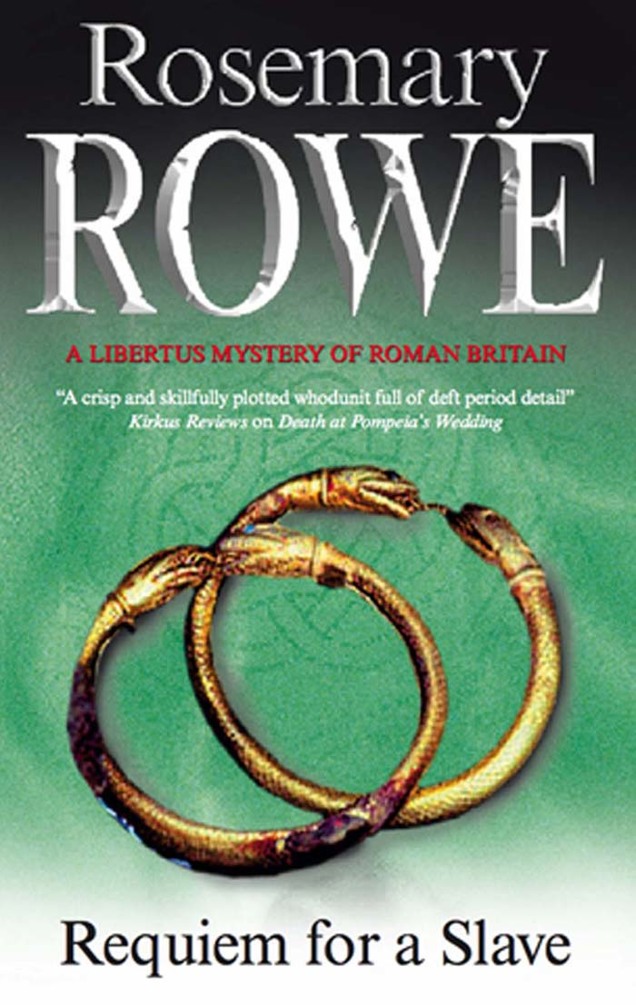
Requiem for a Slave PDF
Preview Requiem for a Slave
The eleventh book in the Libertus Mystery of Roman Britain series - Libertus has an important order to fulfil for Quintus Severus, who has commissioned a new mosaic. But when Lucius, the pie-maker, is found dead in Libertus' workshop, and Libertus' faithful slave Minimus is missing, he is once again dragged into a criminal underworld. Can Libertus find Minimus, clear him of the murder, and discover who really killed the pie-seller, and why? The omens aren't looking good . . .
### From Publishers Weekly
Steven Saylor fans eager for his next Gordianus novel will find themselves satisfied in the interim with the 11th in Rowe's above average historical series set in second-century Britain (after 2009's *Death at Pompeia's Wedding*). Longinus Flavius Libertus, a pavement maker with a gift for solving mysteries, returns one day from an errand to his mosaic workshop in Glevum (modern-day Gloucester) to find Lucius, a poor pie seller, lying face down on a heap of tiles, strangled to death. The absence of the dead man's purse suggests that bandits may have murdered the pie seller, who was dressed in a new tunic that could have conveyed a misleading idea of prosperity. An elderly slave, Glypto, overhears a conversation at about the fatal hour between two people, one of whom Glypto can only describe as a green man, giving Libertus another avenue to pursue. The detailed picture of life in Glevum, rather than the puzzle, is the book's major attraction. *(June)*
Copyright © Reed Business Information, a division of Reed Elsevier Inc. All rights reserved.
### Review
Steven Saylor fans eager for his next Gordianus novel will find themselves satisfied in the interim with the 11th in Rowe's above average historical series set in second-century Britain (after 2009's Death at Pompeia's Wedding). Longinus Flavius Libertus, a pavement maker with a gift for solving mysteries, returns one day from an errand to his mosaic workshop in Glevum (modern-day Gloucester) to find Lucius, a poor pie seller, lying face down on a heap of tiles, strangled to death. The absence of the dead man's purse suggests that bandits may have murdered the pie seller, who was dressed in a new tunic that could have conveyed a misleading idea of prosperity. An elderly slave, Glypto, overhears a conversation at about the fatal hour between two people, one of whom Glypto can only describe as a "green man," giving Libertus another avenue to pursue. The detailed picture of life in Glevum, rather than the puzzle, is the book's major attraction. --Publishers Weekly, 5th April 2010
